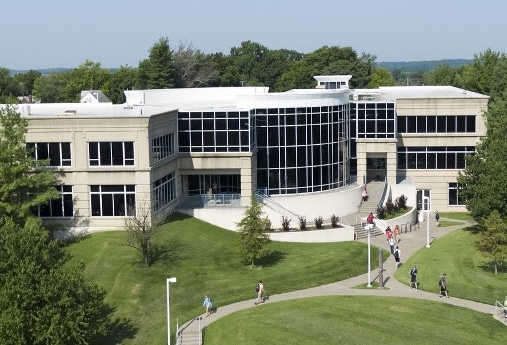On behalf of the entire Local Committee, we would like to invite you to the 5th International Conference on Advanced Engineering, Technology and Applications (ICAETA), which will be held from September 24-25, 2026. The conference is organized by Southeast Missouri state University, USA. The conference will be held in both In-Person and Online mode.
Authors are invited to submit full papers for consideration in the conference. All submitted papers will be peer-reviewed by at least three independent reviewers. Only accepted papers will be presented in the conference and published in the conference proceedings. The acceptance will be based on originality, significance and technical soundness.
Accepted papers that meet quality requirements will be published in the Springer book series Lecture Notes in Networks and System (Waiting Approval). LNNS is indexed in well known databses such as SCOPUS, DBLP, INSPEC, Norwegian Register for Scientific Journals and Series, SCImago , WTI Frankfurt eG, zbMATH
The conference will facilitate the young researchers, industries, and research agencies especially, those, who are carrying out their research work in the domain of Computer Science, Information Technology, Electrical, Electronics and Communication Engineering with valuable discussions in order, those who are carrying out their research work in the domain of Computer Science, Information Technology, Electrical, Electronics and Communication Engineering with valuable discussions to make the outcomes more realistic.
With best regards,
General Chair(s)
Dr. Junaid Shuja
Dr. Alaa Ali Hameed



